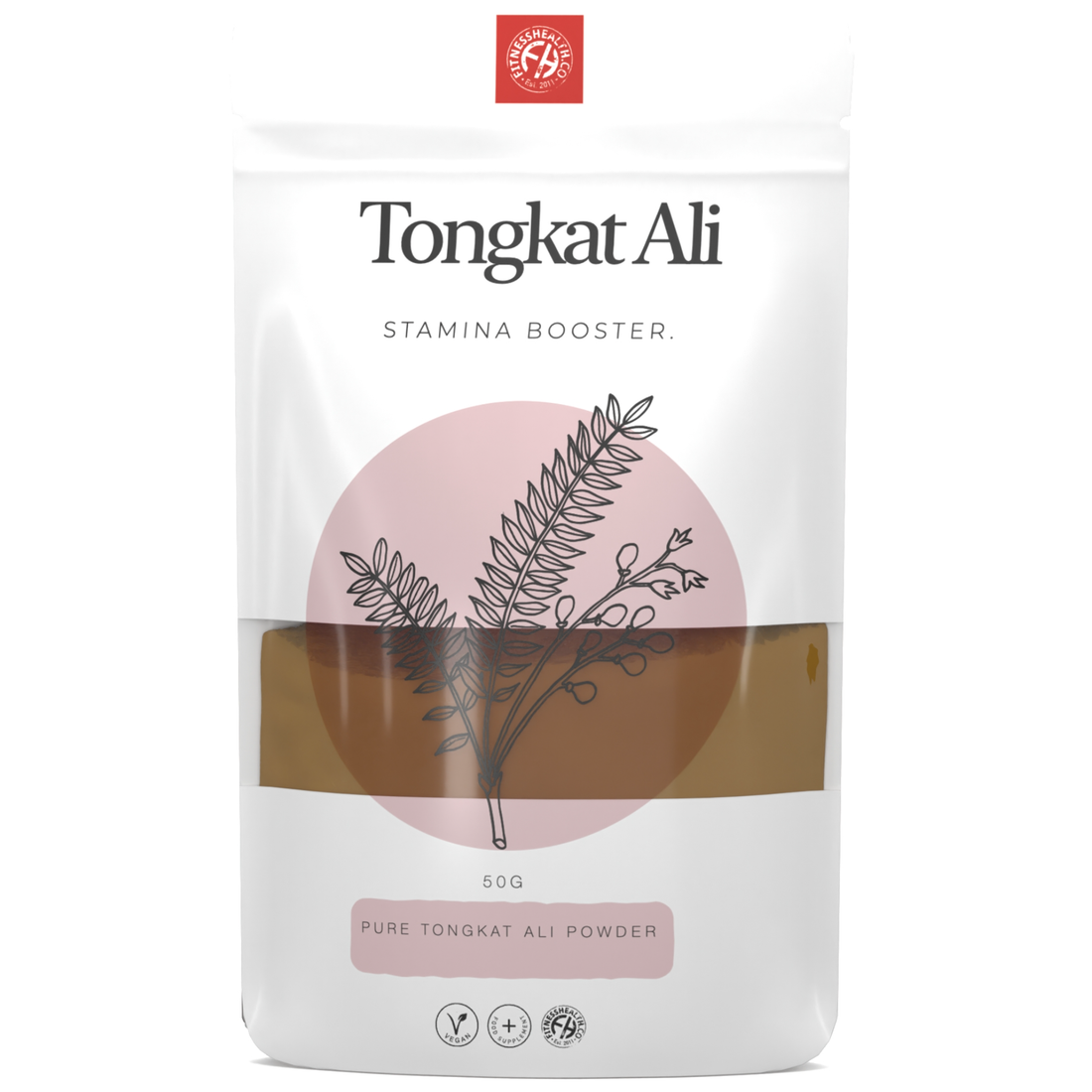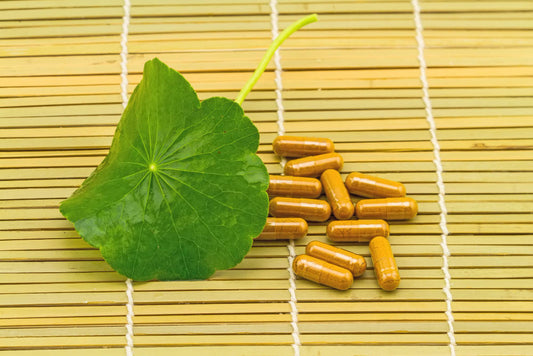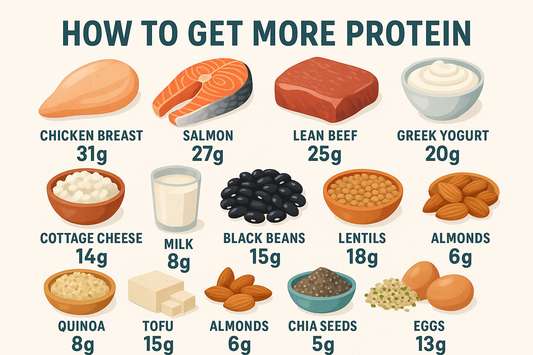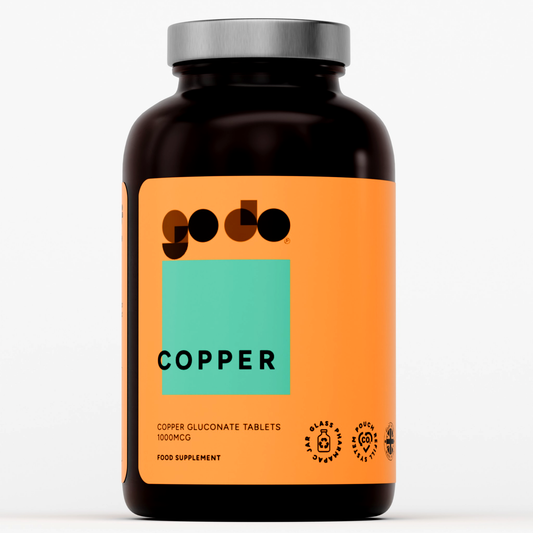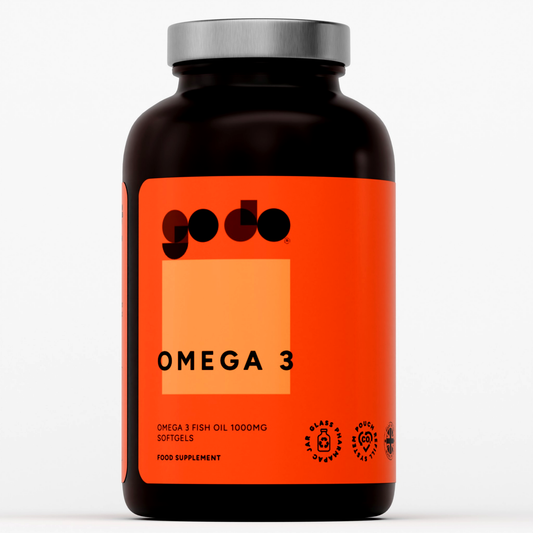Testosterone Boosters: Separating Fact from Fiction
In recent years, testosterone boosters have become increasingly popular among men seeking to enhance their physical performance, build muscle mass, and improve their overall well-being. These supplements promise to naturally increase testosterone levels, leading to a host of benefits. But do these products actually deliver on their claims, or are they simply another case of marketing hype outpacing scientific evidence? This article aims to explore the world of testosterone boosters, examining their purported benefits, the science behind them, and whether they truly work or are merely a myth.

Understanding Testosterone
Before delving into the efficacy of testosterone boosters, it's crucial to understand the hormone itself. Testosterone is the primary male sex hormone, playing a vital role in numerous bodily functions. It's responsible for the development of male reproductive tissues, promotes muscle growth and bone density, and influences various aspects of physical and mental health. As men age, their testosterone levels naturally decline, typically starting around age 30 and continuing throughout life.
The Appeal of Testosterone Boosters
The promise of increased testosterone levels is alluring for many men, especially those experiencing symptoms of low testosterone, such as decreased libido, reduced muscle mass, fatigue, and mood changes. Testosterone boosters claim to offer a natural solution to these issues without the need for prescription medications or hormone replacement therapy. This appeal has led to a booming market for over-the-counter supplements promising to elevate testosterone levels.

Common Ingredients in Testosterone Boosters
Testosterone boosters typically contain a variety of ingredients, each purported to have testosterone-boosting properties. Some of the most common include:
- D-Aspartic Acid: An amino acid that may stimulate the production of luteinizing hormone, which in turn can increase testosterone production.
- Fenugreek: An herb traditionally used in alternative medicine, claimed to boost testosterone levels and libido.
- Zinc: An essential mineral that plays a role in testosterone production.
- Vitamin D: Often included due to its potential role in maintaining healthy testosterone levels.
- Tribulus Terrestris: A plant extract that has been used in traditional medicine to enhance male fertility and sexual function.
- Ashwagandha: An adaptogenic herb believed to have various health benefits, including potential testosterone-boosting effects.
The Scientific Evidence
While the marketing claims surrounding testosterone boosters are often bold, the scientific evidence supporting their efficacy is mixed and, in many cases, limited.
Some studies have shown modest increases in testosterone levels with certain ingredients. For example, a study published in the Journal of the International Society of Sports Nutrition found that D-Aspartic Acid supplementation led to an increase in testosterone levels in untrained men. However, this effect was not observed in trained individuals, and other studies have shown conflicting results.
Fenugreek has shown some promise in increasing testosterone levels and improving sexual function in certain studies, but the overall body of evidence is not conclusive. A systematic review published in Phytotherapy Research concluded that more research is needed to confirm its effects on testosterone levels.
Zinc and Vitamin D supplementation may be beneficial for individuals deficient in these nutrients, as deficiencies can lead to lower testosterone levels. However, for those with adequate levels, supplementation is unlikely to provide significant testosterone-boosting effects.
The evidence for Tribulus Terrestris is particularly weak, with most well-designed studies failing to show any significant impact on testosterone levels in humans.
Ashwagandha has shown some promise in reducing stress and potentially improving testosterone levels, but more research is needed to confirm its effects and optimal dosage.

The Placebo Effect and Other Considerations
It's important to note that the perceived benefits of testosterone boosters may, in some cases, be attributed to the placebo effect. The belief that one is taking a testosterone-enhancing supplement can lead to psychological changes that mimic the expected effects of increased testosterone.
Additionally, many of the ingredients in testosterone boosters may have other health benefits unrelated to testosterone levels. For example, some may improve energy levels, reduce stress, or enhance overall well-being, which could be mistaken for the effects of increased testosterone.
Potential Risks and Side Effects
While many testosterone boosters are marketed as natural and safe, they are not without potential risks. Some products may interact with medications or have side effects, especially when taken in high doses. There's also the risk of contamination or undeclared ingredients in some supplements, as the industry is not as tightly regulated as pharmaceutical products.
Moreover, artificially boosting testosterone levels can potentially lead to negative health consequences, including an increased risk of prostate issues, sleep apnea, and cardiovascular problems in some individuals.

The Bottom Line: Do They Work?
The answer to whether testosterone boosters work is not a simple yes or no. While some ingredients in these supplements may have modest effects on testosterone levels or related symptoms in certain individuals, the overall evidence is inconclusive. The effectiveness can vary greatly depending on the specific product, the individual's baseline testosterone levels, age, lifestyle factors, and overall health.
For men with clinically low testosterone levels, medically supervised testosterone replacement therapy is likely to be more effective than over-the-counter supplements. For others, focusing on lifestyle factors known to support healthy testosterone levels may be more beneficial. These include:
- Maintaining a healthy body weight
- Engaging in regular exercise, particularly resistance training
- Getting adequate sleep
- Managing stress levels
- Eating a balanced diet rich in nutrients
Conclusion
While the allure of testosterone boosters is understandable, the scientific evidence supporting their efficacy is limited and mixed. Some ingredients may offer modest benefits for certain individuals, but they are unlikely to be a magic bullet for dramatically increasing testosterone levels or achieving transformative results.
For those considering testosterone boosters, it's crucial to approach them with realistic expectations and a critical eye. Consulting with a healthcare professional before starting any new supplement regimen is always advisable, especially for individuals with pre-existing health conditions or those taking medications.
Ultimately, the most effective way to support healthy testosterone levels is through a holistic approach that includes a healthy lifestyle, balanced diet, regular exercise, and proper stress management. While testosterone boosters may have a place as part of a broader health strategy for some individuals, they should not be relied upon as a sole solution for hormonal or health concerns.
